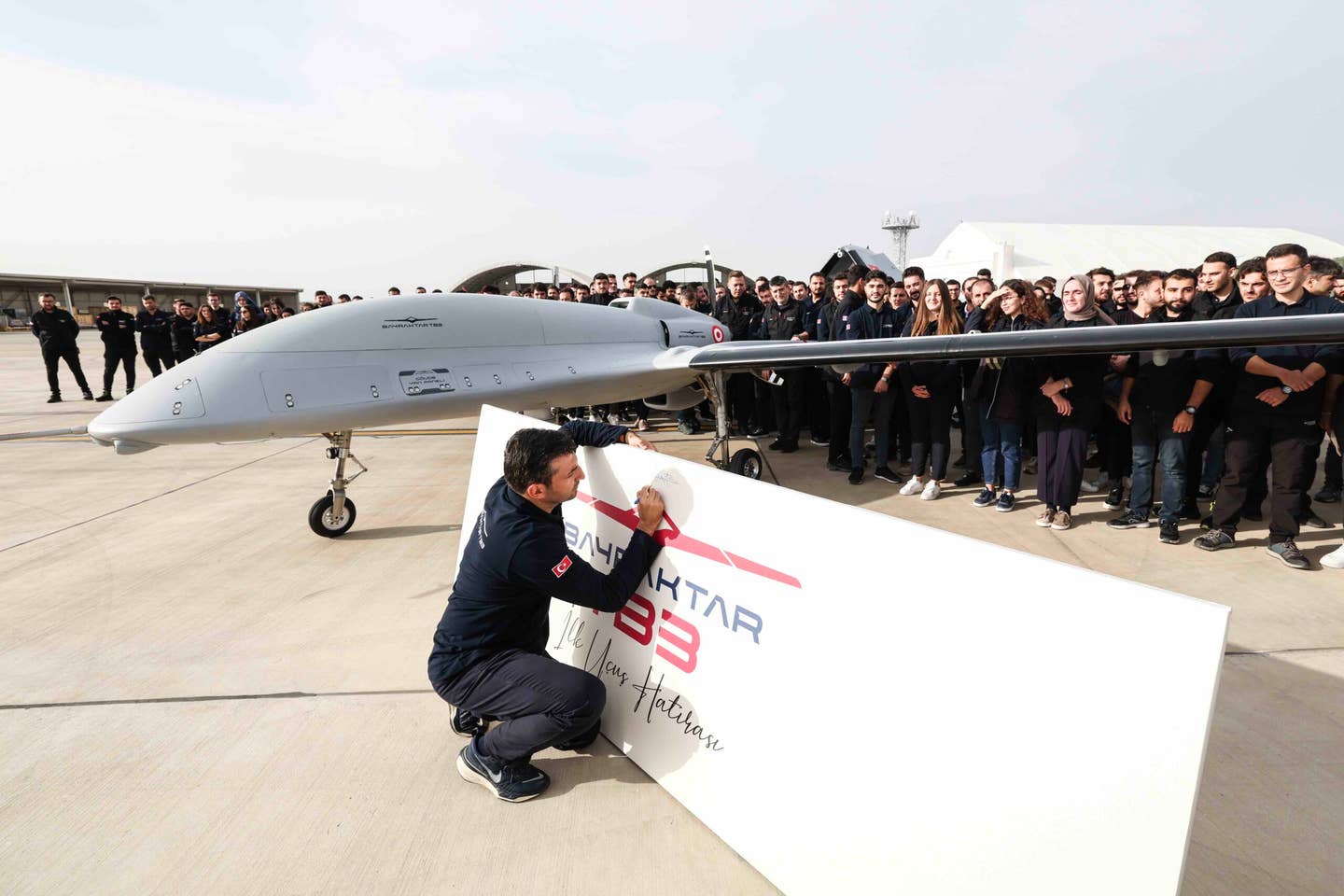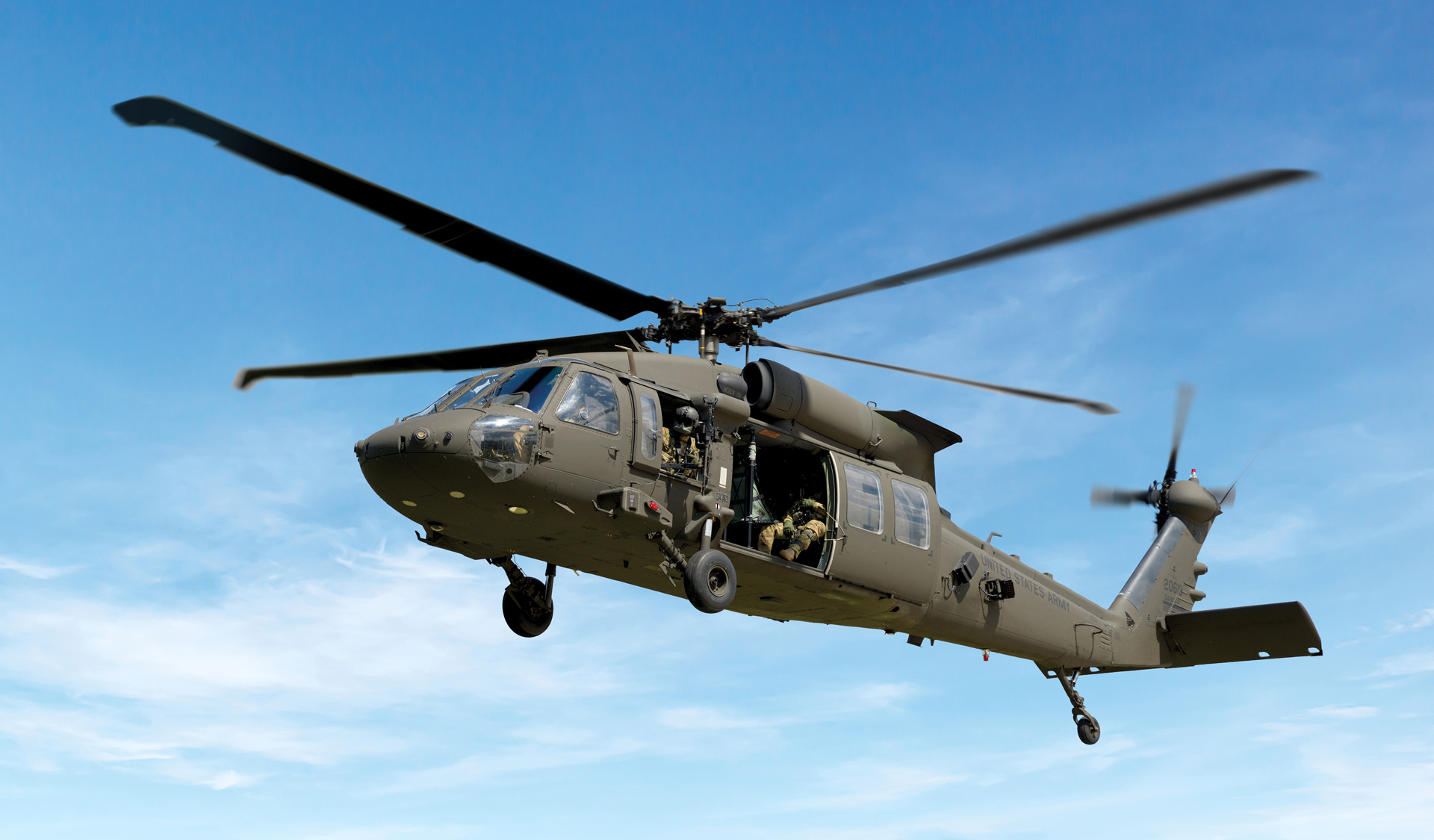In 2023, Prime Minister Narendra Modi's visit to Greece paved the way for potential cooperation between India and Greece, particularly in defense. Greek media has been increasingly vocal about acquiring the BrahMos supersonic cruise missile from India to counter Turkey's activities in the Aegean Sea and the Sea of Crete.
During Prime Minister Modi's visit, the first by an Indian prime minister in four decades, discussions were held regarding collaboration in various sectors, including defense. The subsequent reciprocal visit by Greek Prime Minister Kyriakos Mitsotakis in February 2024 further solidified bilateral relations.
Greek media outlets, notably the Greece City Times, have advocated for deploying BrahMos missiles on the eastern Aegean islands to strengthen Greece's naval capabilities. This move is seen as a strategic response to Turkey's assertive actions in the region.
Emmanuel Marios Economou and Nikos K. Kyriazis, academics at the University of Thessaly, have endorsed the acquisition of BrahMos missiles, arguing that it would significantly enhance Greece's maritime defense capabilities. They highlight the cost-effectiveness of BrahMos compared to traditional naval vessels.
The BrahMos missile, a joint venture between India and Russia, has garnered interest from several countries, including Greece. Its advanced features, such as supersonic speed and low-altitude flight capability, make it an attractive option for naval defense.
The potential deployment of BrahMos missiles in Greece has implications for regional dynamics, particularly in countering Turkey's "Blue Homeland" concept, which asserts territorial claims over the Aegean and Mediterranean seas.
As tensions between India and Turkey persist, Greece's interest in BrahMos signifies a potential alignment of interests between Athens and New Delhi. The deployment of BrahMos missiles in the Aegean Sea could alter the regional balance of power, challenging Turkey's assertiveness in the region.
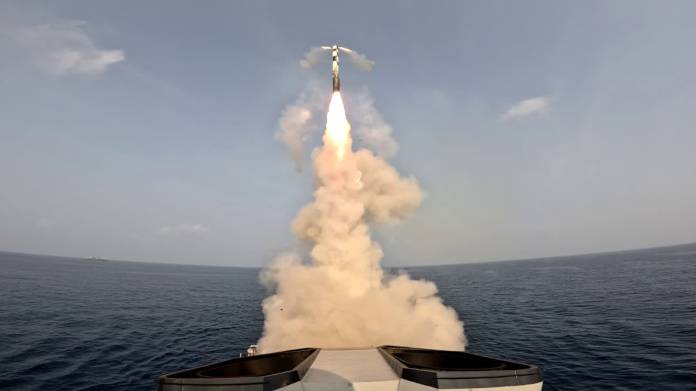
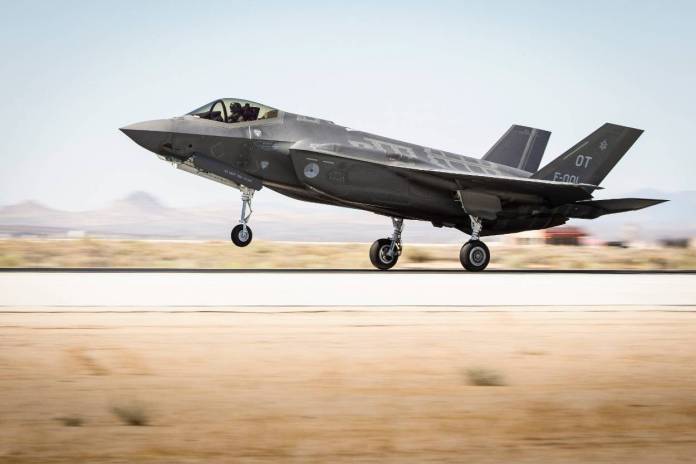

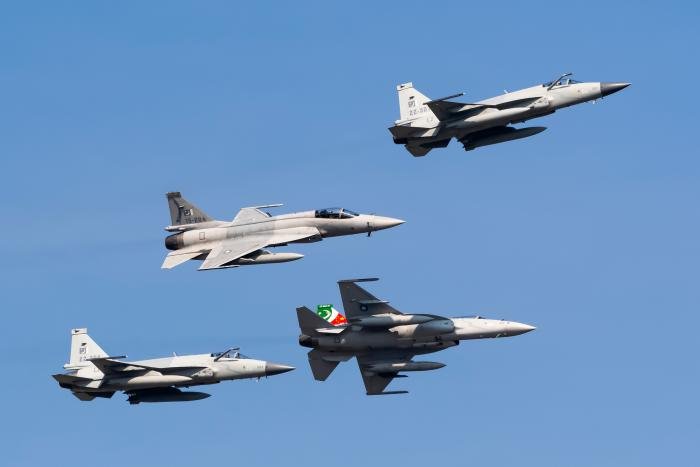
:quality(70)/cloudfront-us-east-1.images.arcpublishing.com/archetype/4GCO24O3TZFPJO3WZ5ZTOYH3QA.jpg)
